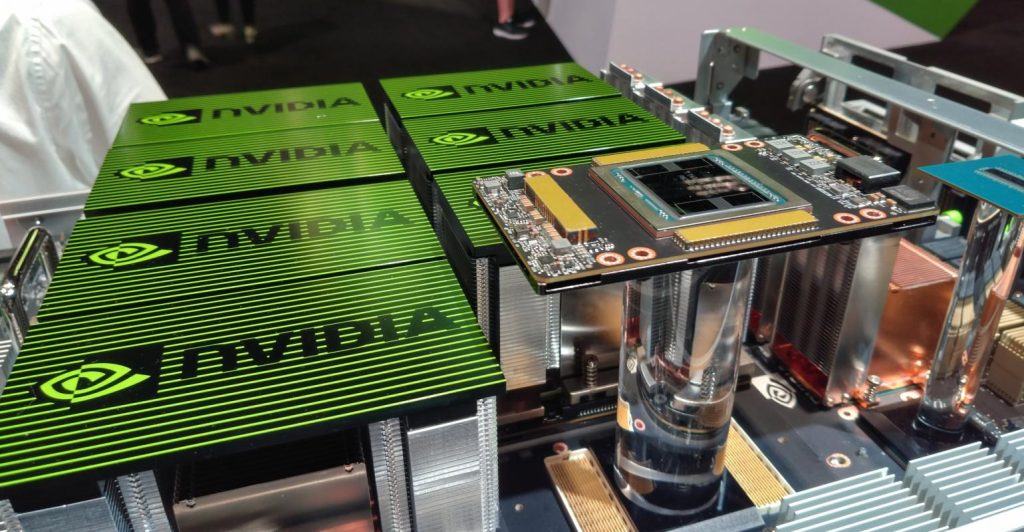
































In one of the sessions at the World Government Summit in Dubai, Nvidia's CEO Jensen Huang urged countries on the need to build their own AI infrastructure. Huang claims that taking this action is crucial for preserving cultural identities as well as for utilising AI's economic advantages. 'You cannot allow that to be done by other people, ' he stated, emphasising how crucial national autonomy is in the field of AI.
Nvidia's growth has reached an incredible$1.73 trillion market capitalisation under Huang's direction, partly because of its innovative role in the market for high-end AI chips. Huang discussed Nvidia's efforts to democratise AI access, driven by rapid advancements in AI computing efficiency. He encouraged nations to proactively take the initiative and build the infrastructure needed to integrate AI into their economic and social frameworks.
Addressing concerns about AI's potential risks, Huang argued that apprehensions are exaggerated and compared AI's regulatory prospects to those of other technologies and industries, like automobiles and aviation, which have been successfully managed through regulations. In response to worries about AI's possible threats, Huang stated that these worries are unfounded and contrasted the regulatory outlook for AI with that of other technologies and sectors, such as aviation and cars, which have effectively complied with laws, further stating that 'There are some interests to scare people about this new technology, to mystify this technology, to encourage other people to not do anything about that technology and rely on them to do it. And I think that's a mistake'.
Huang also discussed the difficulties Nvidia is facing as a result of the October implementation of new export restrictions by the US imposed on China on certain AI chips. Although he did not go into detail during, he disclosed that Nvidia had been collaborating with its clients in China and the Middle East to obtain export licences for new products that comply with US laws.
 Tags quentes :
Inteligência artificial
Tags quentes :
Inteligência artificial